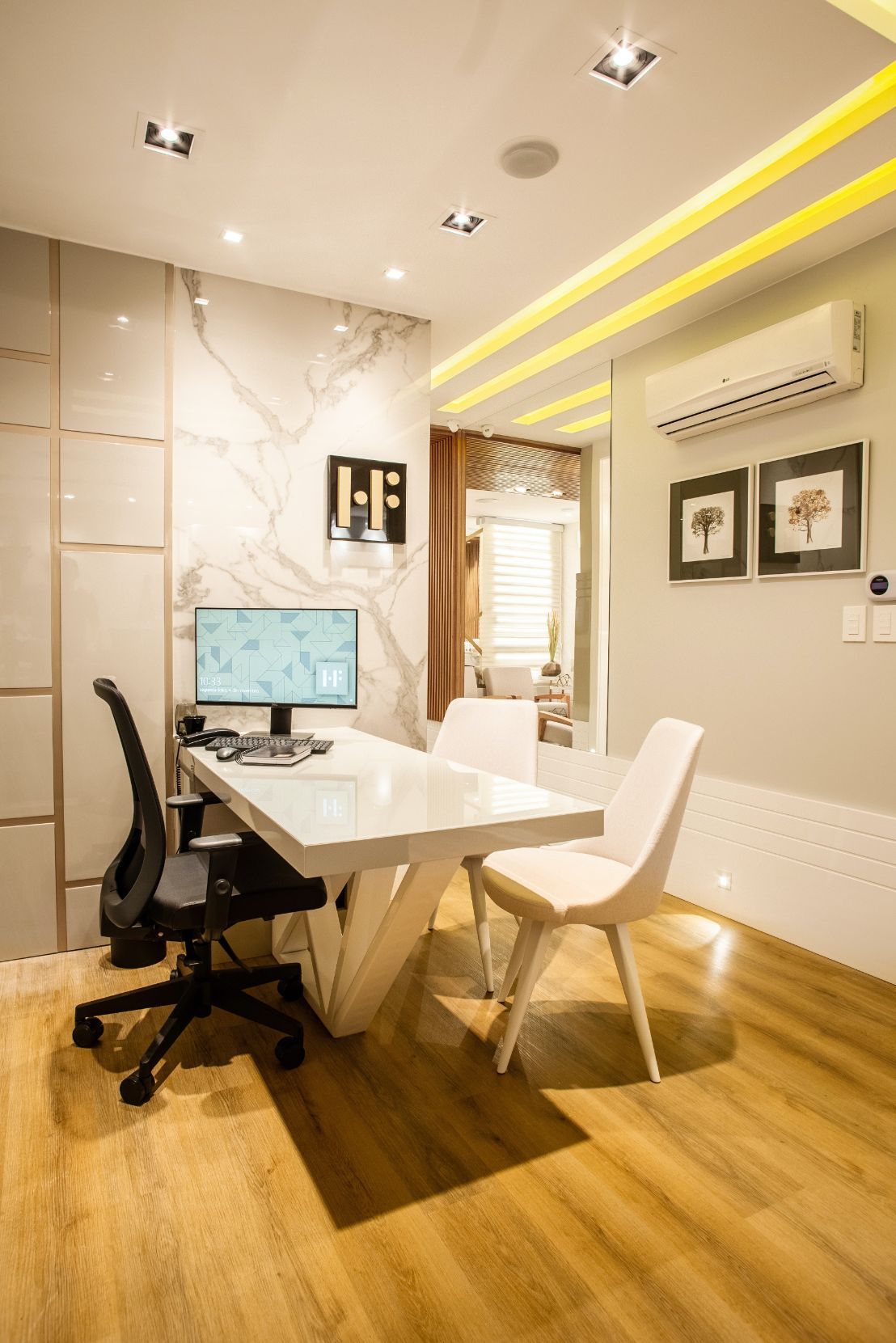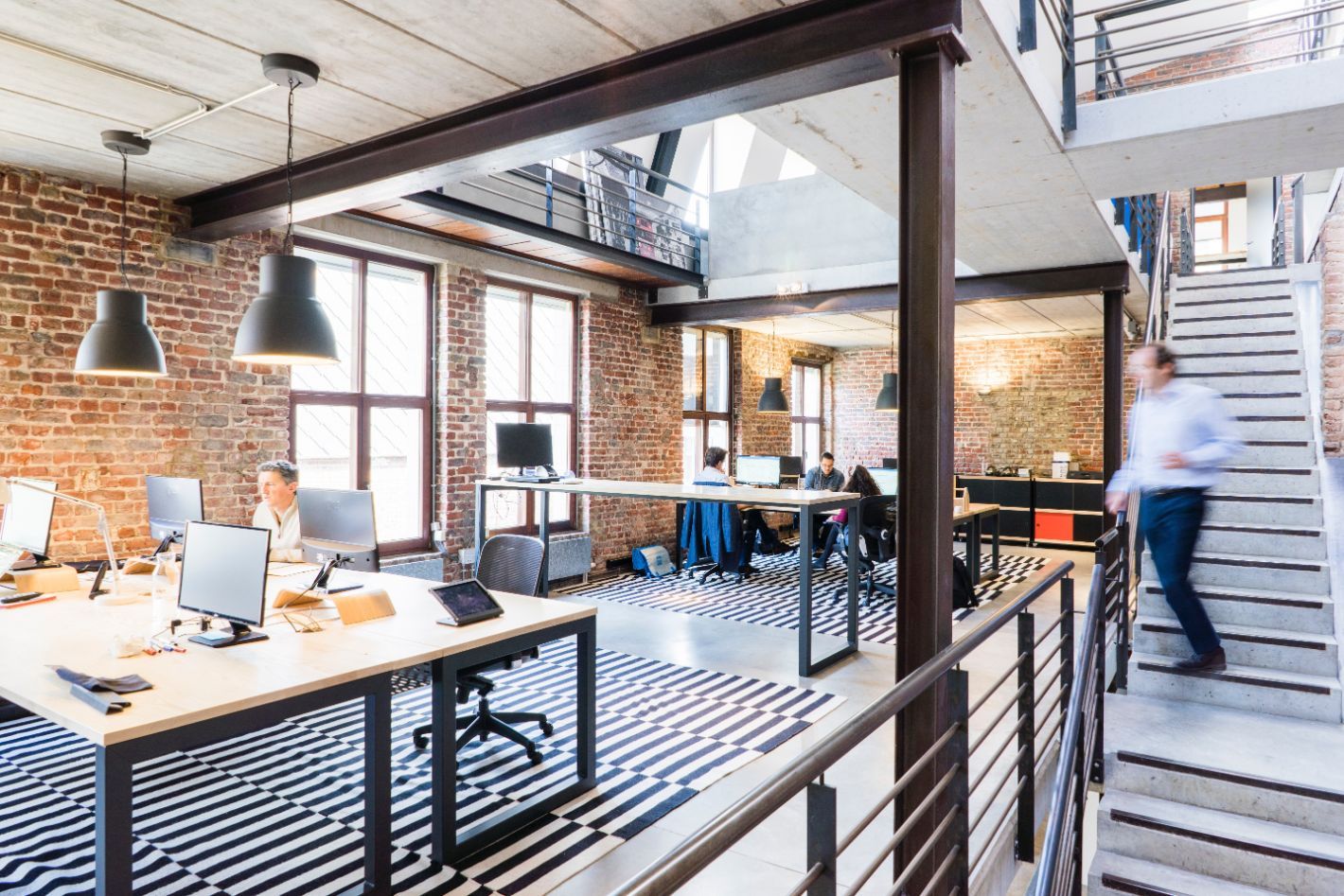Flexible working: How Facilities Managers can create the perfect balance
)
With flexible working, office space occupancy is no longer predictable. Some days, desks sit empty. Other days, meeting rooms are packed, and employees struggle to find space. Add to this the ongoing debate between flexibility and mandated office attendance, and it’s clear that traditional approaches to workspace planning no longer work. So how can facilities managers navigate these complexities and make sure workspaces are both efficient and engaging? The answer lies in data-driven insights, adaptable policies, and the right office technology.
The changing role of facilities managers
Facilities managers have always had to adapt to change, but the past few years have accelerated this shift. Hybrid work, shifting sustainability targets, economic challenges and unpredictable office attendance are making traditional long-term planning less effective.
This dynamic has placed facilities managers at the epicentre of a delicate balancing act, particularly as over 70% of companies report having excess office space due to hybrid work models. Empty desks and underused rooms are not just a waste of space – they’re a drain on the bottom line. But, without understanding how employees truly use office spaces, organisations risk making adjustments that fail to align with how their workforce works.
The challenge is significant, but this is where facilities managers can truly add value. By using workplace analytics to gain data into usage patterns, FM (facilities management) teams can help organisations optimise their spaces and create an environment that is both cost-efficient and tailored to the needs of their people.
Using the right office technology the right way
Workspace management software plays a key role in space management, but success depends on how it’s used. Simply installing a desk scheduling solution or a meeting room booking system isn’t enough – organisations need to combine booking intent with real-time usage data to make informed decisions.
For example, if employees frequently book large meeting rooms for solo work, that’s a sign that spaces aren’t aligned with actual needs. Understanding these patterns helps facilities managers redesign layouts, improve usage, and make sure employees have access to the right resources.
However, the technology must be seamless. If booking systems are clunky, employees will find ways around them, creating data gaps. Frictionless tools – such as sensors and automatic check-ins – remove the burden from employees while providing FM teams with accurate insights.
The benefits of workplace analytics
The right technology doesn’t just optimise space – it enhances the entire workplace experience. Organisations that use data effectively can:
- Improve employee productivity by ensuring they have access to the resources they need, from desks to parking spaces.
- Support organisational goals by aligning office design with business priorities.
- ‘Flatten the curve’ and smooth out midweek overcrowding.
- Maximise office space, ensuring meeting rooms and desks are used efficiently.
- Future-proof their workplace by adapting spaces to changing work styles.
By integrating workplace technology with predictive analytics, facilities managers can help businesses create environments that are not only cost-effective but also engaging.
Looking ahead
Flexible work is here to stay, but the way we manage office spaces must evolve. Facilities managers have a unique opportunity to transform workplaces into dynamic, efficient environments that support both employees and business objectives.
By focusing on data, employee needs, and flexible strategies, organisations can create smart workspaces that work for everyone – whether they’re in the office full-time or just a few days a week.



.png)
.png)
.png)

.png)






